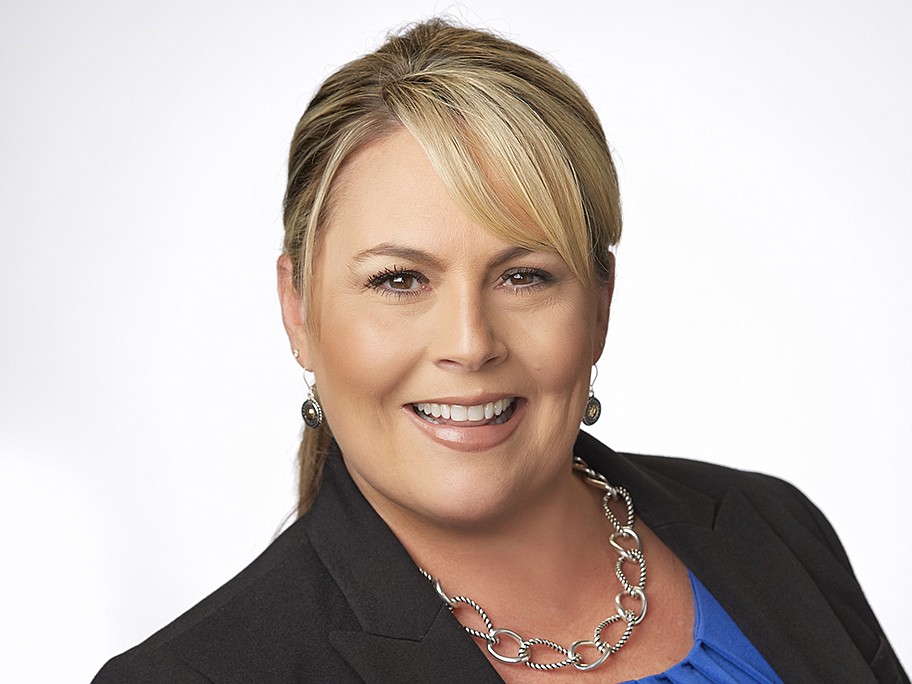
Today’s housing market appears to be normalizing, following the early pandemic unprecedented low interest rates to last year when rates doubled in record time. Here’s a look at what you can expect from the housing market this year:
Refinancing
Many homeowners took advantage of the low rates in 2020 and 2021 to refinance. With last year’s dramatic increase in interest rates, refinancing activity has dropped. However, the amount of equity per household is at record levels now, so we expect to see homeowners tapping into their equity for home improvements, and debt consolidation with cash-out refinancing. Homeowners may hold off until late 2023 in the hopes of acquiring a lower rate.
Adjustable-Rate Mortgages (ARMs)
Adjustable rate mortgages make up close to 12% of mortgage loans today compared with only 3.3% in November 2021. ARMS offer lower initial rates and can be appealing. But there are pros and cons to an ARM versus a fixed-rate loan. Factors to consider with an ARM include how long you will be living in the home and whether you will be able to afford the higher payment if the rates rise significantly.
Interest Rates
The pace of interest rate increases last year, at a speed never seen, is keeping many buyers on the sidelines. However, it’s important to note that the average mortgage rate from April 1971 through December 2022 for a 30-year fixed rate mortgage is 7.76%, according to the Freddie Mac mortgage funder. Rates dipped into the high 5% range in mid-January. Homebuyers are not likely to see the high 2%-low 3% rates again anytime soon, but high 4% and low 5% rates are possible within the next year.
Tips for homebuyers
Buyers in our local market need to consider that growth is predicted for Northeast Florida.
The demand compared with builder inventory and fully developed lots ratios are not at the levels that played a role in the 2008 property value decline.
With rates now stabilizing to a new normal, first-time homebuyers will be back to the housing market to pursue home ownership. Many builders are offering large incentives but if rates continue to drop, the incentives will likely diminish.
Keep your credit score high, typically above 740, to receive the best possible rates from your mortgage lender. Revolving credit balances below 30% of the credit limit can help buyers improve their overall score.
Contact a lender before finding a home. Mortgage credit scoring is not the same as popular free credit reporting sources. Reaching out ahead of time helps avoid delays in the process and a having pre-approval in hand can give you an advantage over other buyers who are less prepared.
Melanie Coomer, Branch Manager At Resource Financial Service, St. Johns, Florida She Can Be Reached At [email protected].